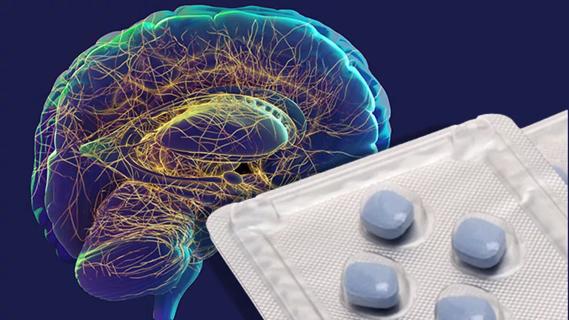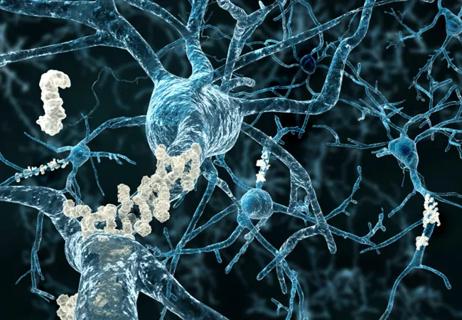
Proteins related to altered immune response are potential biomarkers of the rare AD variant

Real-world claims data and tissue culture studies set the stage for randomized clinical testing

For some older adults, a rural setting in late life may be protective

New findings have important implications for clinical trial design
Advertisement
Cleveland Clinic is a non-profit academic medical center. Advertising on our site helps support our mission. We do not endorse non-Cleveland Clinic products or services. Policy

Studying brain samples can advance understanding of mechanisms and impact clinical care

New insights into shared inflammatory pathways and immune responses

Alzheimer’s, Lewy body and other etiologies have distinct presentations and treatments

TNFRSF1B gene variant associated with slower progression, offering potential drug target

An update on biomarkers and various therapies in development

Cohort study characterizes symptomatology by Alzheimer’s and Lewy body pathology
Advertisement
Advertisement